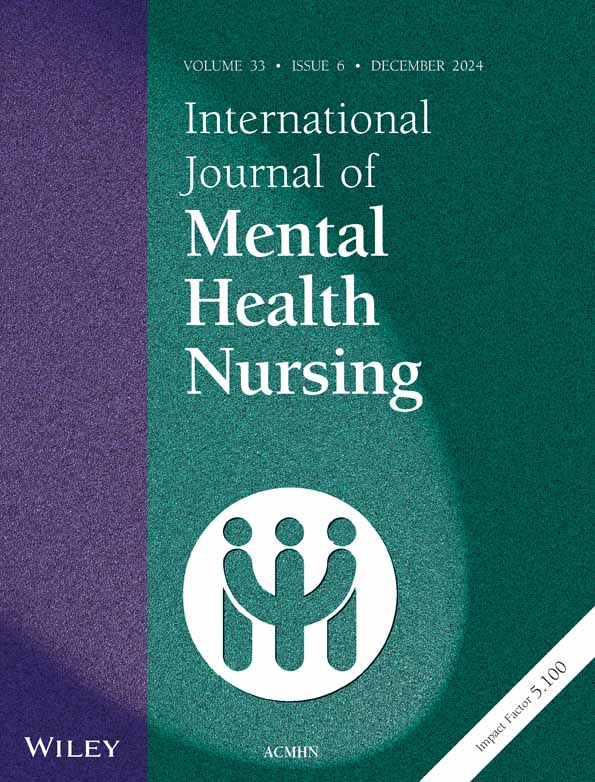Dealing With a Stressful Extra Duty: The Intrapersonal Conflict Experiences of Nurses Caring for Survivors of Suicide Attempts on Medical–Surgical Wards
Funding: This study was funded by the Special Scientific Research Start-up Funds for the Introduction of Talent in the First Affiliated Hospital of Wannan Medical College (Grant Number: YR20220211), Anhui Provincial Public Medical Institutions High-level Talent Award and Subsidy Program (Grant Number: GCCRC2022011) and Wuhu ‘Huatuo Plan’ High-level Talent Introduction and Training Project (Grant Number: HTRCRD202314).
ABSTRACT
Nurses are the frontline professionals caring for patients who have attempted suicide. When clinical nurses learn from medical records or nursing handover, or are proactively informed by patients or family members, that the patients they are caring for have suicidal tendencies, they often experience pressure and face challenges. However, little attention has been given to the experiences of the nurses caring for patients with suicidal intent on medical and surgical wards. We aimed to address this knowledge gap. The purpose of this study was to explore medical and surgical nurses' experiences, especially the internal conflicts they might experience while caring for patients who have a history of attempted suicide. A qualitative descriptive design and semi-structured interviews were used in this study. Twenty-three nurses were recruited and interviewed individually. Data were analysed by qualitative content analysis. The focus of this paper is to examine the emergent theme of intrapersonal conflict experienced by the participants. Nurses' experiences can be clustered into two themes: (1) Pity and annoyance and (2) Hard work does not necessarily pay off. Intrapersonal conflict was identified by participants as considerable fear and anxiety about the possibility of a patient's suicide, as well as a mixture of pity for and annoyance with the patients. Nurses feel sorry for such patients, but they are also annoyed by the extra work required to prevent suicide attempts in the ward. Additionally, having limited time and ability, they see that their hard work does not necessarily pay off and may sometimes lead to punishment. Our findings raise serious concerns about the adequacy of the knowledge of the nurses, their competence and their difficulties in caring for such patients. In addition, there is a need to provide them with appropriate on-the-job education and immediate emotional support relevant to caring for survivors of suicide attempts.
Conflicts of Interest
The authors declare no conflicts of interest.
Open Research
Data Availability Statement
Data sharing is not applicable to this article as no new data were created or analyzed in this study.




